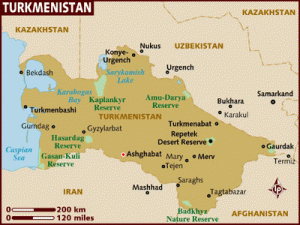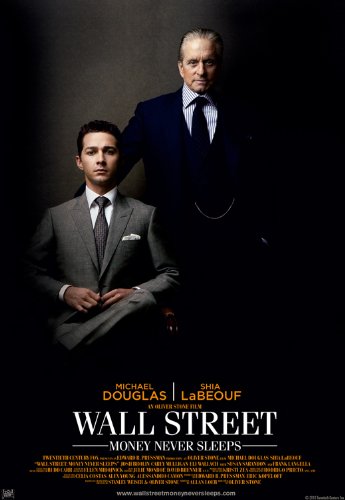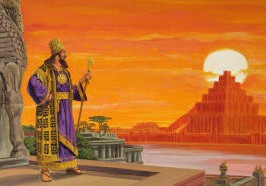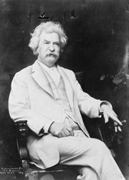Guest Blog By Jeremy Reynalds, Senior Correspondent for ASSIST News Service
Visit their web site at: www.assistnews.net
Turkmenistan has jailed two more prisoners of conscience. Protestant Pastor Ilmurad Nurliev has been given a four-year prison term on charges of swindling. The sentence was handed down on Oct. 21.
Turkmenistan is one of the Turkic states in Central Asia. Until 1991, it was a constituent republic of the Soviet Union, the Turkmen Soviet Socialist Republic (Turkmen SSR). Turkmenistan is one of the six independent Turkic states. It is bordered by Afghanistan to the southeast, Iran to the south and southwest, Uzbekistan to the east and northeast, Kazakhstan to the north and northwest and the Caspian Sea to the west.
A story by Felix Corley for Forum 18 News Service reported that the pastor’s wife and church members insist the charges have been fabricated to punish him for his religious activity. Judge Agajan Akjaev of Mary Town Court in south-eastern Turkmenistan ruled that Nurliev will serve his sentence in the general regime labor camp in Seydi.This was confirmed by his wife and lawyer from the south-eastern town of Mary.
“The court also ruled that Ilmurad is a drug addict and ordered forced treatment for this in prison,” Maya Nurlieva told Forum 18 News Service. “This is unjust and a slander.”
In reality, Forum 18 said, Nurliev is being treated for diabetes, and his wife has been denied the opportunity to see him or give him his medication since his Aug. arrest.
In mid-September Ahmet Hudaybergenov, a Jehovah’s Witness who conscientiously objects to compulsory military service, was sentenced to 18 months.
Both Nurliev and Hudaybergenov are likely to be sent to Seydi labor camp, where Baptist and Jehovah’s Witness prisoners of conscience have previously been held. There have been indications that some of these prisoners were tortured in the camp with psychotropic (mind-altering) drugs.. Continue reading Turkmenistan and Freedom of Conscience






 Dr. Mercola is the founder of the world’s most visited natural health web site,
Dr. Mercola is the founder of the world’s most visited natural health web site,


